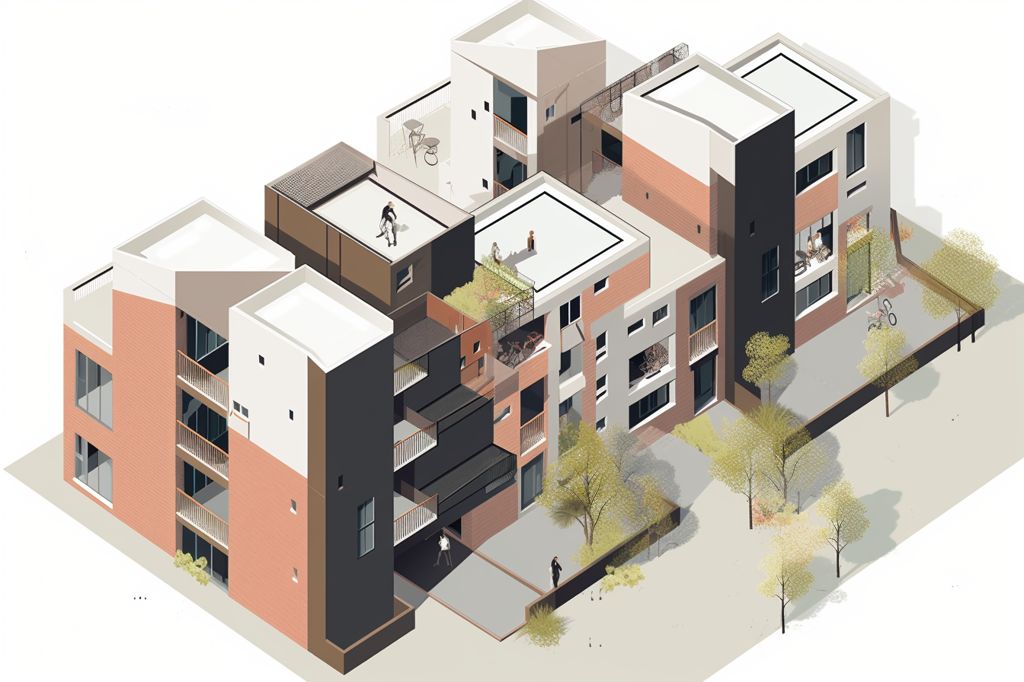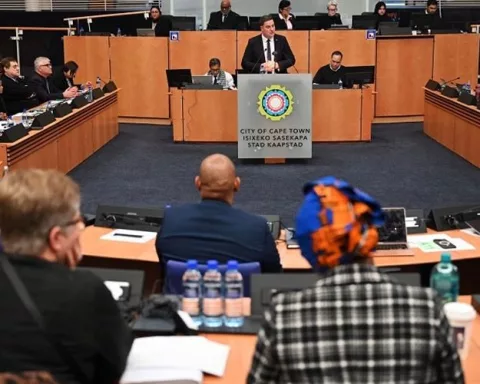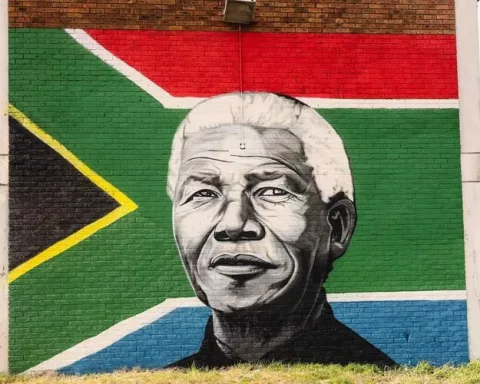Maitland Mews Social Housing Project: A Sustainable and Accessible Initiative for Western Cape Residents
The Western Cape Department of Infrastructure (WCDOI) has launched a new social housing project, the Maitland Mews, to provide affordable housing to residents of the province. This 204-unit development is a public-private partnership project that is situated within a 10 km radius of the Central Business District and connected to the Metro’s transport network. The project aims to provide sustainable and accessible housing to a diverse range of income groups.
Construction and Economic Opportunities
Construction of the R95.9 million project began in November 2021 and completed in March 2023. The WCDOI has shown a commitment to timely and efficient execution of housing initiatives. The development generated economic opportunities for the community, with 100 jobs created for local jobseekers and Small Medium and Micro Enterprises (SMMEs).
Equitable Allocation of Units
The Maitland Mews project caters to households earning between R1,850 and R22,000 per month, making it accessible to a diverse income range. A total of 121 units are earmarked for primary beneficiaries earning between R1,850 and R6,700 per month, while the remaining 83 units are reserved for the secondary target market, with occupants earning between R6,701 and R22,000 per month. This equitable allocation of units aims to address the varying housing needs of the Western Cape residents.
Turnkey Development Partner
The Madulammoho Housing Association, a turnkey development partner, is responsible for the construction of the 204 social housing residential units as well as an additional nine units designated as training facilities. The project is expected to have a lasting impact on the community by not only providing affordable housing but also creating opportunities for skills development and education.
Beneficiaries’ Testimonials
Beneficiaries of the Maitland Mews project have expressed their gratitude and excitement, highlighting the development’s strategic location and amenities. The project’s proximity to the hospital and convenient access to public transport has been praised by Merlene Malan, an elderly beneficiary, while Nonqaba Bikauri appreciated the enhanced security and reduced commuting time to her workplace. These testimonials demonstrate the positive impact that well-planned housing projects can have on the lives of their residents.
Sustainable Feature
The Maitland Mews building is equipped with solar PV panels for water heating, contributing to the Western Cape Government’s efforts to mitigate the electricity crisis. This sustainable feature not only reduces the building’s carbon footprint but also provides residents with a stable source of energy for their daily needs.
The Maitland Mews project is the fifth social housing development completed by the WCDOI in the past three years, reflecting the department’s dedication to providing affordable housing opportunities for all citizens. The Western Cape Government continues to work towards ensuring a brighter future for its residents through continued efforts and partnerships. For those interested in applying for a unit in the Maitland Mews project, inquiries can be directed to the Madulammoho Housing Association.












